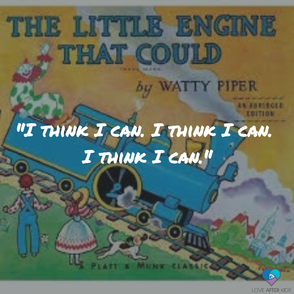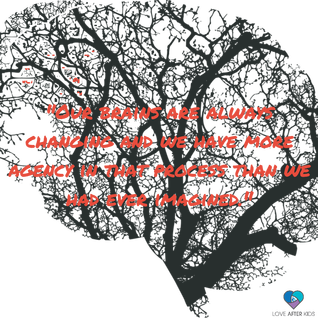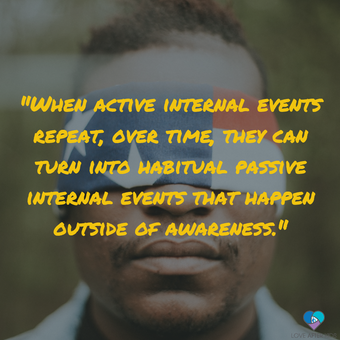I stopped him there to tell him to pay close attention to when he says ‘I can't…’
Then he proceeded to recount stories from his past, which supported his theory that he cannot do relationships in his personal life.
I told him that all of the stories he was referring to were only supporting the same beliefs and the same narrative. The logic was circular. In other words, his theory was based predominantly on habit.
Then he said: “But isn’t it too late to change all that...these narratives that started from childhood?”
I said: “No. The days of the hardwired brain are long gone. We live in the age of neural plasticity. Our brains are always changing and we have more agency in that process than we had ever imagined.”
Our brains have different types of chemical messengers that facilitate the transmission of information. These chemical transmissions can be triggered by external events, i.e. someone is after me, which leads to the body producing adrenaline to help to deal with the threat.
They can also be triggered by what I refer to as active and passive internal events:
- Active internal events are thoughts and feelings that we are actively experiencing that make our brain-bodies feel that we are under threat even if there is no external threat. The body will produce the same chemicals as it would in response to the external threat. This is because the brain, in this moment, does not know the difference between external reality and the active internal event that is being experienced.
- Passive internal events are the thoughts and feelings that we aren’t even aware of because we are accustomed to them. But just because we get used to something doesn't mean it doesn't have an impact. They also reinforce the production of chemicals in the body.
This is just as true in our relationships. Dynamics that repeat over time reinforce the same dynamics, creating the illusion of something permanent.
The therapeutic process is, in large part, about identifying the external events and active internal events first and foremost, because those are what we are most aware of. Then, it's about going deeper and identifying and understanding the habitual passive internal events that occupy our intrapersonal (within oneself) and interpersonal worlds (relationships) .
Here is a link to a blog post that I wrote about how these habitual ways of relating get played out in relationships on a daily basis. It will help to flesh out how these concepts get enacted.
Bye for now.




 RSS Feed
RSS Feed